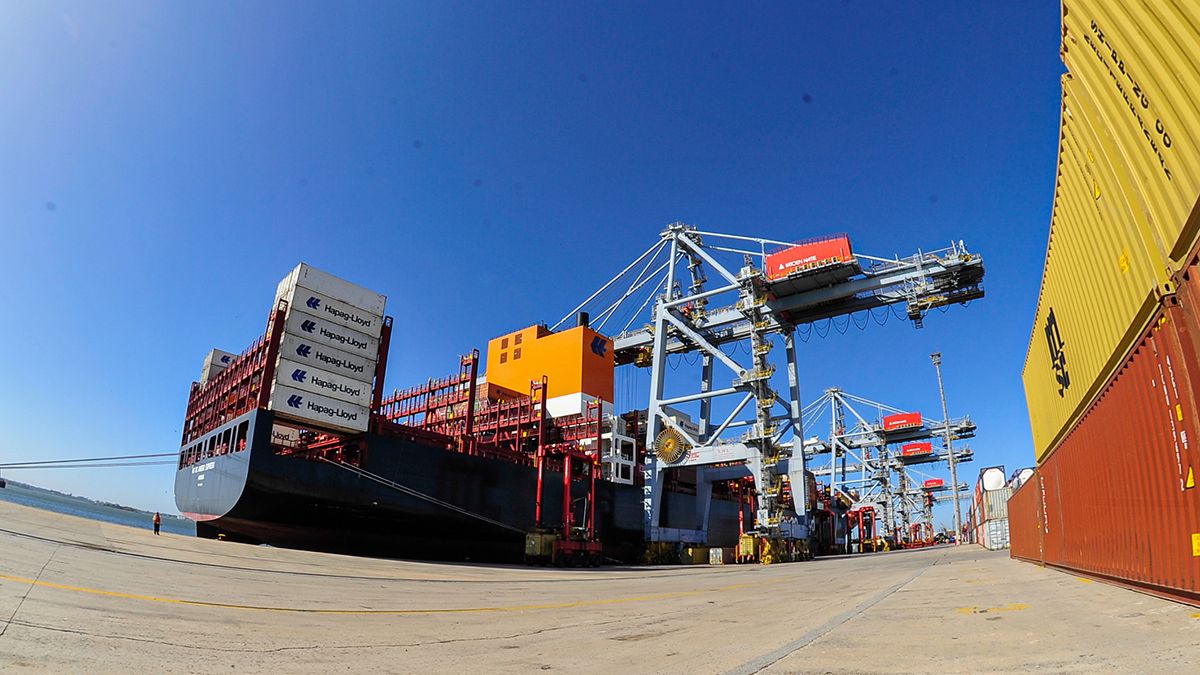The government aims to continue diversification in Southeast Asia, an attractive region due to its size and low tariff burden.
Uruguay opened new markets for some 85 products since 2020, and the government set itself the objective of continuing diversification in the Southeast Asianan attractive region due to its size and low tariff burden, according to the Ministry of Livestock, Agriculture and Fisheries (MGAP).
The content you want to access is exclusive to subscribers.
The director of the International Affairs Unit (UAI) of the MGAP, Adriana Lupinacciassured that the latest estimate made by the government portfolio showed that authorizations were obtained for the shipments of some “84 or 85” products during the current government administration.


Lupinacci explained that many of these new exportable products are destined for countries where Uruguay I already had qualifications for other placements. “Work is being done on the diversification of other important markets such as Southeast Asia, where soon the minister (Fernando) Mattos will be making an official visit to move forward,” said the leader.
For Lupinacci, Southeast Asia is a market that is important “at all levels”, since “it has a high level of population”, in parallel with “low tariffs”.
In that sense, he explained that the recent authorization for the export of bovine stomachs to China It also has a tariff burden, since, at the moment, there are no quotas.
India and Malaysia on the MGAP export radar
On the other hand, Lupinacci recalled that on April 9, the approval of the veterinary certificate for the sale of porcine mucosa to Indiaa product intended for the pharmaceutical industry that is used for the preparation of heparin, an anticoagulant.
In another order, the director of Livestock Services (DGSG) of the MGAP, Diego de Freitasexplained in the last few hours to radio Carve that last Tuesday the audit of 22 Uruguayan plants by Malaysiawhich will run until next May 7.
Their objective is to obtain authorization to export bone-in beef and lamb to the Malaysian market under the halal ritualimportant for the Muslim religion, which more than 60% of the population of that country professes.
Source: Ambito




